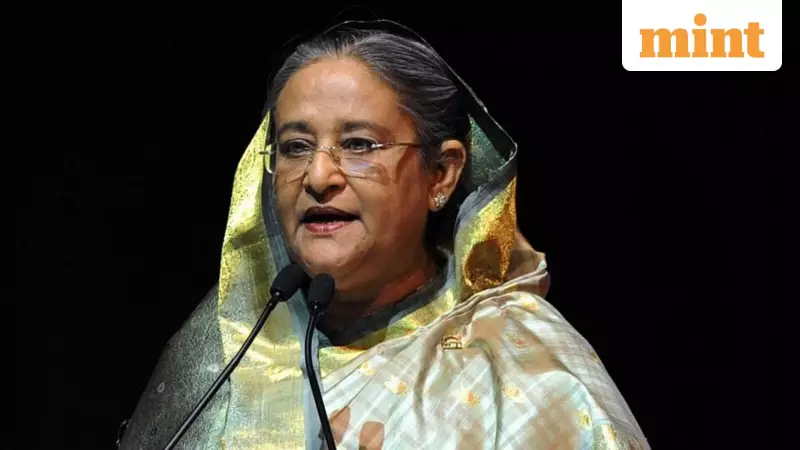
Bangladesh has formally requested India to extradite its former Prime Minister Sheikh Hasina, who was recently sentenced to death by a special court. The 78-year-old leader fled to India in August 2024 after her government was overthrown and has been living there since.
Official Extradition Request Made
The Bangladesh government confirmed sending an official letter to Indian authorities on November 23, 2025, seeking Hasina's return. Touhid Hossain, handling foreign affairs for Bangladesh's interim administration, publicly announced that "we sent a letter seeking the extradition of Sheikh Hasina" during a press briefing.
This marks the third such request made to India since Hasina sought refuge there. The latest appeal comes just days after the International Crimes Tribunal (ICT) in Bangladesh sentenced Hasina to death on November 17 for crimes against humanity related to her crackdown on student protests.
Legal and Diplomatic Implications
Bangladesh's foreign ministry has emphasized that India has an "obligatory responsibility" under existing bilateral treaties to facilitate the former leader's extradition. The ministry referenced the legal framework between the two neighboring nations that should govern such requests.
India's initial response has been measured, with its foreign ministry stating it had "noted" the court's verdict without directly addressing the extradition request. Indian authorities have not yet responded to the latest communication from Dhaka.
Background of the Case
The charges against Sheikh Hasina stem from her government's violent response to student uprisings. United Nations reports indicate approximately 1,400 people were killed during crackdowns ordered by her administration as she attempted to maintain power.
Bangladesh has experienced significant political instability since Hasina's overthrow in August 2024. The country continues to prepare for elections scheduled for February 2026, though the process has been marred by ongoing violence and political tensions.
Relations between India and Bangladesh have been strained since Hasina's ouster, particularly given India's previous support for her government. However, recent diplomatic engagements, including a meeting between Bangladesh's National Security Adviser Khalilur Rahman and India's Ajit Doval during a regional security summit, suggest efforts to ease tensions are underway.





